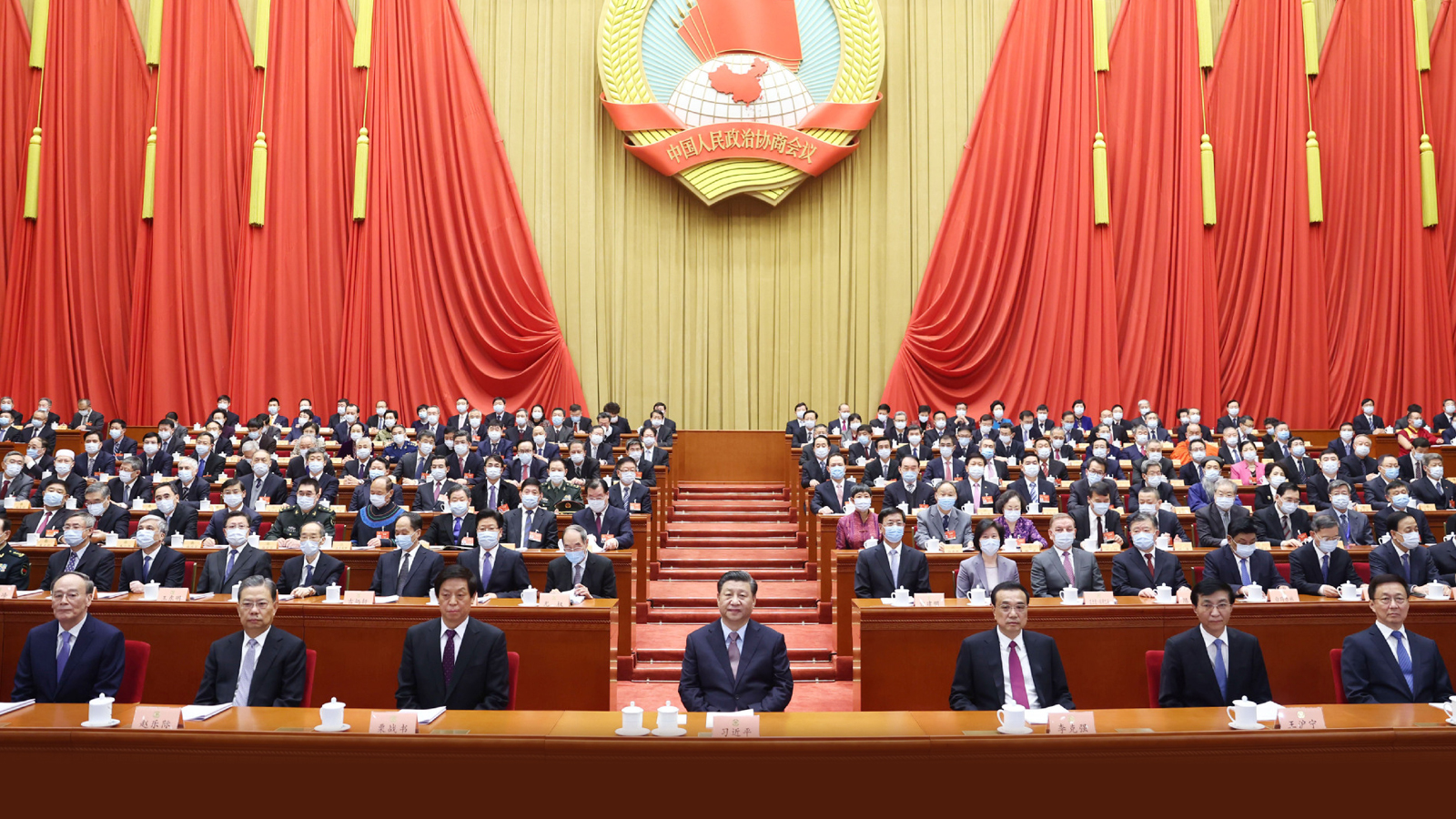An African Perspective on the CPC’s Concept of Whole Process People’s Democracy

By Moshi Israel
The Communist Party of China (CPC) has served the people of China for several decades with utmost effectiveness that should be admired everywhere. The success of the CPC is not a mere fluke, considering the complexity of China’s history and national realities. China with more than a millennium of history has had to endure civil wars and power struggles from different dynasties that exposed the common people to untold suffering. The opium wars and Western colonialism also left the once-great civilization of China on the brink of collapse. The CPC pulled China from the jaws of destruction and put the country on a path to unprecedented prosperity and success.
The People’s Republic of China is a vast country with a huge population and a diversity of cultures and ethnicities. To govern such a country, a certain political acumen and tact is required and the CPC under the leadership of President Xi has proved itself a very capable candidate to map China’s development well into the future.
President Xi introduced the concept of whole process people’s democracy back in 2012 and elaborated it as true democracy that addresses the people’s concerns and is characterised by the people’s participation in all state’s social, cultural, and economic affairs. This type of democracy is ‘whole process’ because the people engage in democratic elections, consultations, management, decision-making, and oversight in accordance with the constitution. On the other hand, it is the people’s democracy because China’s constitution labels the people as masters of the country.
The National People’s Congress (NPC) and the National Committee of the Chinese People’s Political Consultative Conference (CPPCC) work closely with and hold two sessions in which they deliberate on the governance of the state with the people’s interests in consideration. These national bodies collaborate closely with elected grassroots officials to address issues of concern for every citizen. These grassroots committees run from the village, town, and city to the provincial level. Through them, the common person’s concerns are able to reach the highest level of the Chinese government. Moreover, the CPC despite being the dominant party of choice for most Chinese people, still works closely with a number of other political parties in China.
China has demonstrated that whereas every country should aspire to be democratic, the concept of democracy varies from one country to the next depending on their national context. Not every country is suited to the Western style of democracy. Aspects of culture, geography, history, demographics, and economics play a vital role in determining what sort of democracy a country will be. Centuries of the forced and failed Western way of democracy across the world indicate that perhaps everyone cannot be the same and being different is okay. From ancient Greece; the bedrock of democracy to Britain and the United States, democracy has come in different forms for all of these countries.
China, under the CPC, has clearly shown that democracy is not a mere jargon to be thrown around aimlessly, rather, democracy should be practiced and its results seen. China has achieved this by elevating over half of a billion people out of absolute poverty and putting China on a modernization path so effective, it has been dubbed a ‘miracle.’ Furthermore, China’s concept of democracy extends across two fronts; the domestic and the international arenas. Domestically, China has grown exponentially. On the international stage, China has spread the gospel of whole process people’s democracy with a unique Chinese socialism.
China, unlike the West, believes in and practices the concepts of mutual benefit, shared prosperity, and win-win partnerships with its international partners. Through the Belt and Road Initiative, the country has established good relations with others across the world.
African countries, as beneficiaries of China’s growth through the latter’s application of its democratic concepts on the international stage, should proactively seek to develop their own people-centered and development-oriented democratic structures. This should be based on each country’s national realities. Besides, China has always learned from other developed countries and altered these lessons to fit its national context.
Otherwise, the CPC with President Xi Jinping at the helm has produced amazing results by strategically choosing to put the development of Chinese people at the forefront. Rightly so, democracy should indeed be structured around people’s happiness. Elections and a thousand political parties do not mean much if the people are starving and underdeveloped.
Therefore, every Ugandan and every African should be asking their leaders, what sort of democracy they think they are engaging in if the people’s happiness is not a core priority. With China, we can see that political theory should be backed by strategic and patriotic practices centered on common prosperity and the right to development.
The Writer is a Senior Research Fellow at Development Watch Center.
related publications
DWC
Development Watch Centre
Kampala - Uganda
ADDRESS
Plot 212, RTG Plaza,3rd Floor, Office Number C7 - Hoima Road, Rubaga
CONTACT
+256 703 380252
info@dwcug.org



